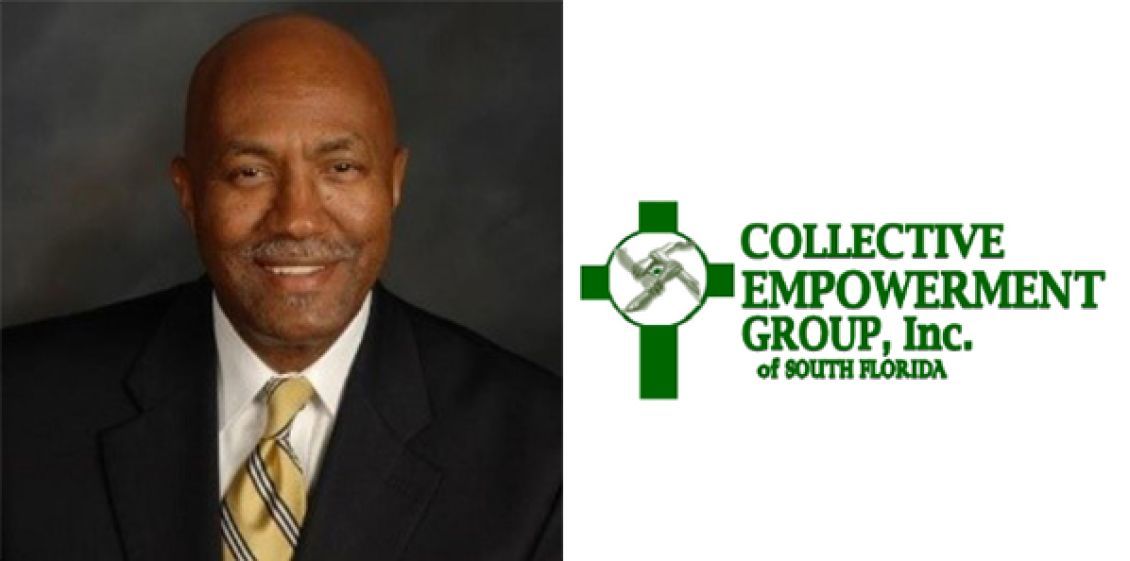The Collective Empowerment Group of South Florida (CEG) is a consortium of churches, represented by their pastors. They are engaged in a broad range of programs pursuing social and economic justice for all in the community, bringing together under our “big tent” all of the diversity of God’s children, as found in our faith, business and public sectors.
Rev. Dr. Joaquin Willis has been the president and CEO of CEG for nearly five years, leading the organization’s efforts to transform both people and places in South Florida through affordable home ownership, faith-based development, human and community development, youth leadership development and financial coaching.
In this interview, Willis shares some lessons learned from the pandemic, thoughts on what’s next for the affordable housing industry and much more.
Shannon Ball: Tell us about the work that you do at CEG.
Rev. Dr. Joaquin Willis: As president/CEO, I coordinate the holistic community and real-estate development of faith-based properties in South Florida.
I report to CEG's board of directors, whose chair is Pastor Eric H. Jones. I am assisted by Mr. Antonio (Tony) Prado, executive director, and Bernard (Bruno) Phanord, associate executive director. I oversee a staff of seven people.
SB: How does CEG use Section 4 funds?
JW: Section 4 funds are being used to build the capacity of the Collective Developers, LLC, a subsidiary of the CEG. Collective Developers, LLC seeks to build workforce, low income and elderly housing in Miami-Dade and Broward counties, as well as building community health and food centers on faith-based properties.
SB: How did Covid-19 challenge your organization and the population you support?
JW: Covid-19 slowed down the growth of our organization. The building permit process became challenging as we were not able to meet with county staff in person.
In addition, one of our staff members experienced Covid-19 last year. We were also forced to closed down one of our MyG summer camp program sites due to the outbreak. The hardest part was keeping hope and faith that we can make it in light of our very limited budget.
SB: What have you learned in this unique and challenging time? Will you make any permanent changes going forward?
JW: We’ve learned that it pays to be organized and orderly. We’ve also learned that technology could help us adapt to the challenges at hand.
Moving forward, our organization will make permanent changes to use a hybrid of both in-person and Zoom meetings, while following all CDC guidelines.
SB: How do you see the next 3-12 months going for CEG?
JW: We will continue to focus on:
-
Production of affordable homes.
-
Exploration of new products targeting higher densities and smaller homes.
-
Supporting our member houses of faith to help them develop their vacant sites.
We expect to bring approximately 36-40 more homes to the market in 2022. Additionally, we are proud partners with four co-developers including two African American and two Hispanics developers, representing an expansion of four mid-size companies with an untold number of jobs.
SB: What do you think will change about affordable housing over the next five years? How are you excited about CEG impacting that change?
JW: We expect that the housing stock will have to become smarter and smaller. CEG will seek to build near-net-zero micro homes that will make the property more affordable to maintain in the future.
Some will be duplexes and quadraplexes; some will be single family homes and multi-family housing. We are excited about building homes that will meet the present and future needs of the community.
SB: What else would you like people to know about CEG?
JW: CEG is an underwriter of the Miami Youth Garden. We are committed to building youth and adult leadership in the local churches. We are equally as committed to building people as we are to developing properties.
Learn more about Collective Empowerment Group of South Florida.
